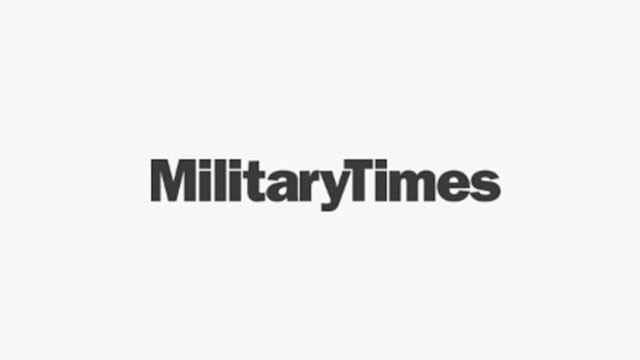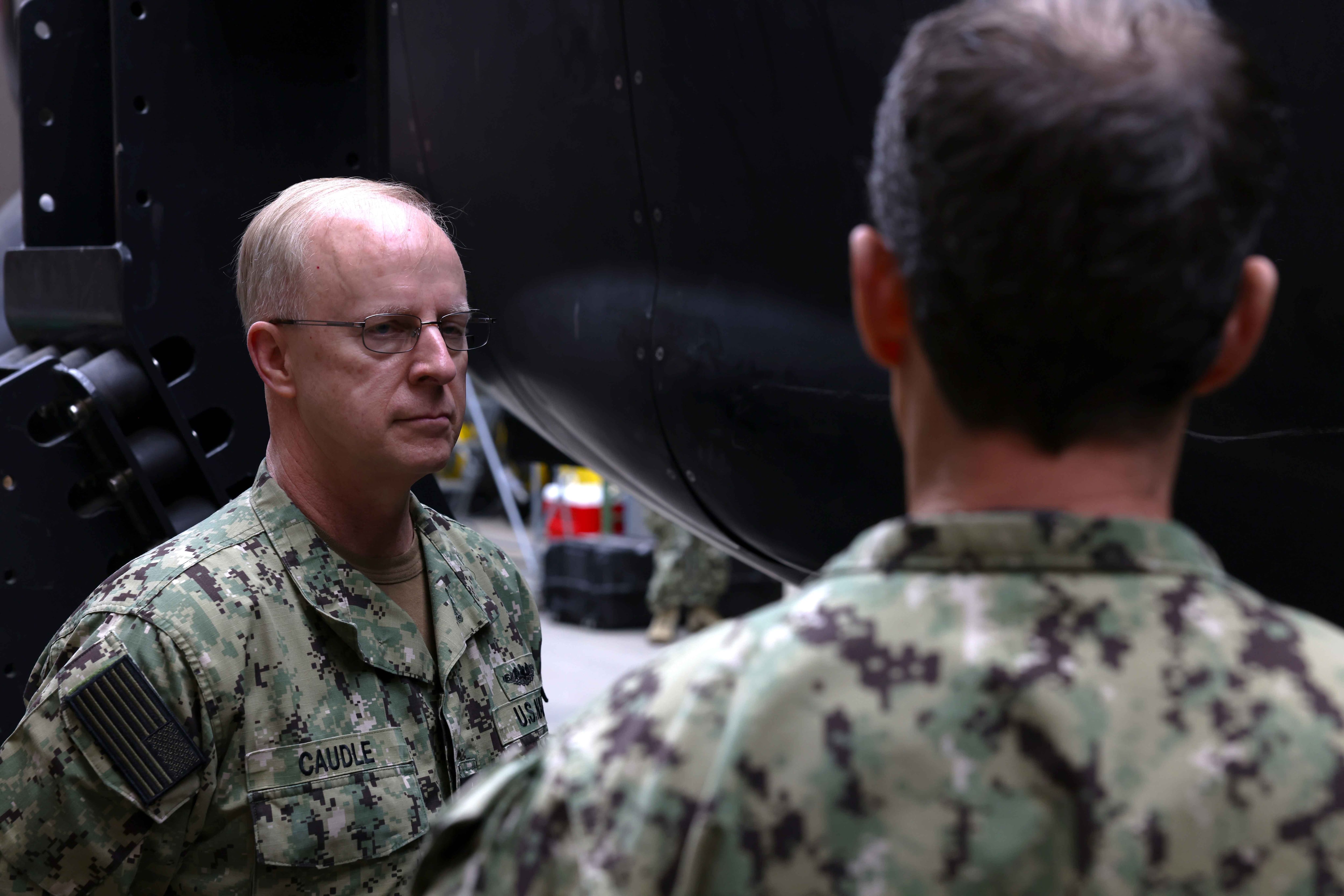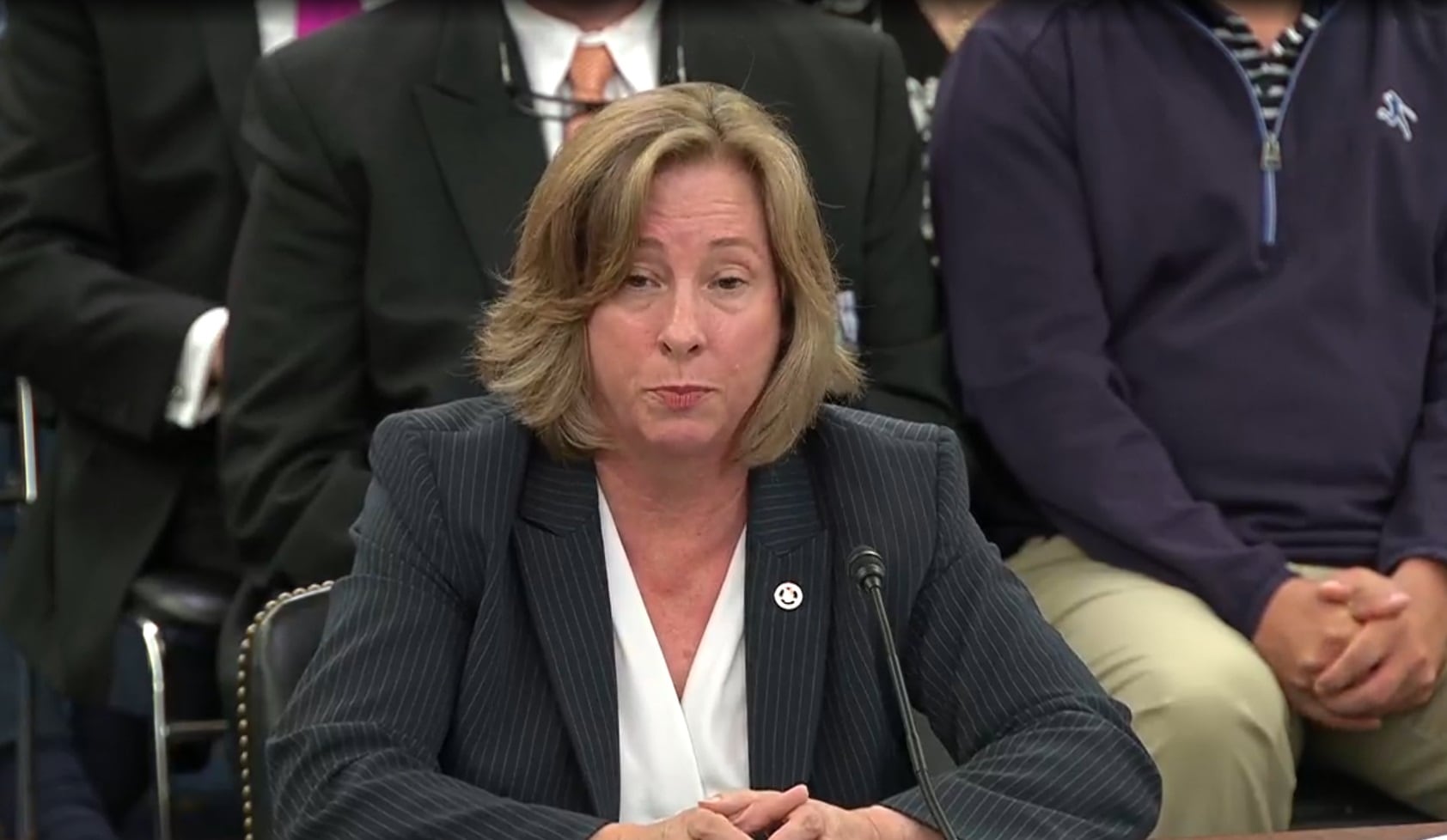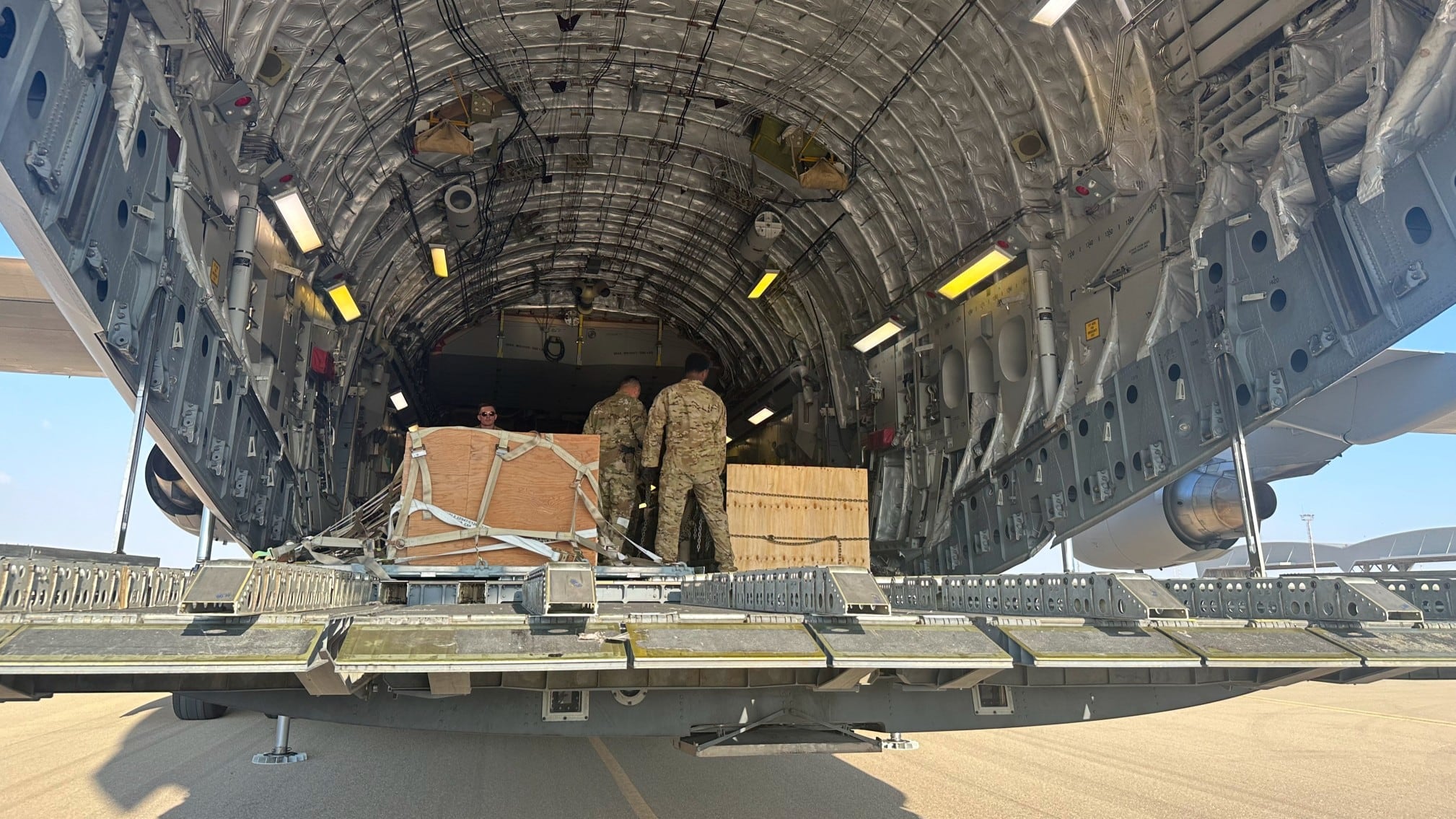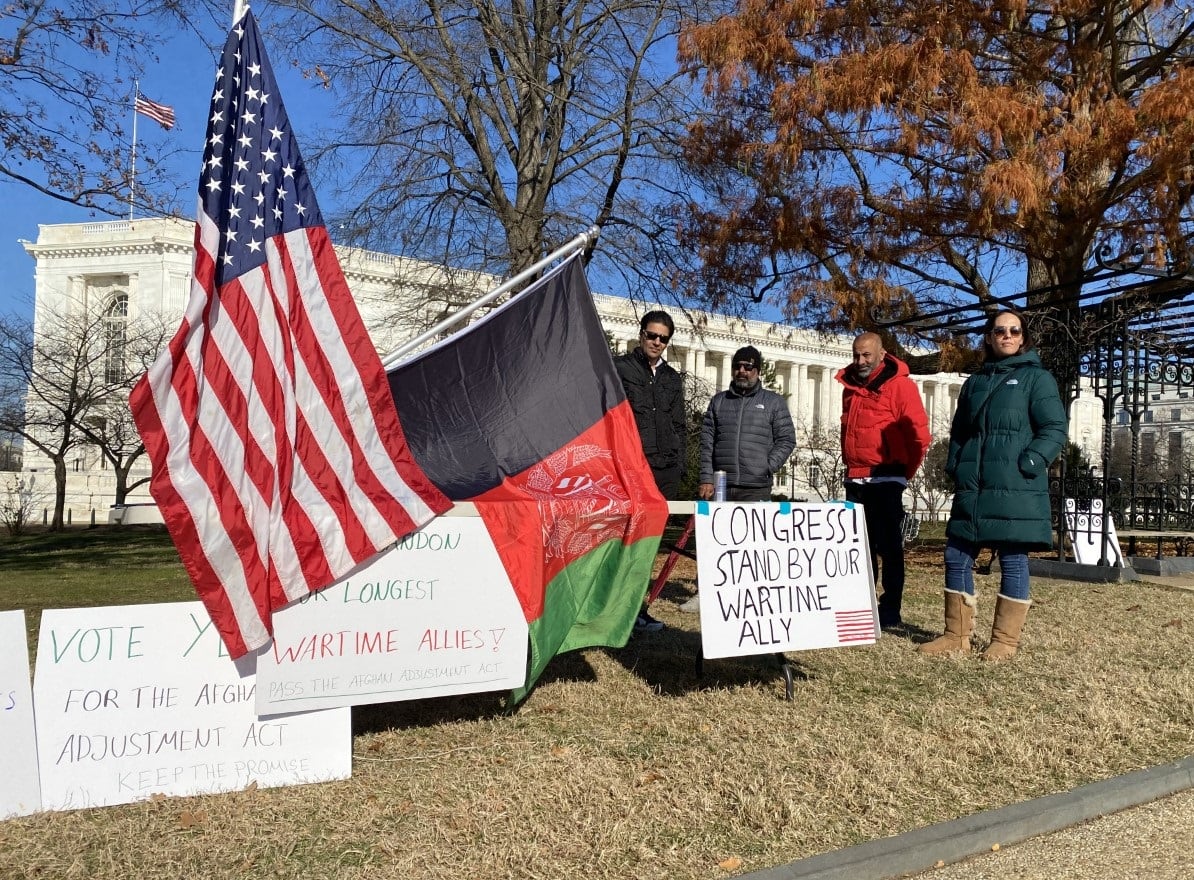Q. I am a 20-year-old dependent of my father, who is retired from the Air Force. I have Tricare Prime through him. Recently he became upset with me, and I am worried he will take me off Tricare insurance. Can he do that without my consent?
A. Technically, yes. A family's "military sponsor" — your dad, in this case — is the one who maintains and updates enrollment information on himself and any Tricare-eligible dependents in the Defense Enrollment Eligibility Reporting System, the Defense Department's eligibility portal for Tricare.
The sponsor, and only the sponsor, may add or delete family members from DEERS.
You don't say exactly what transgression you have committed, but cutting you off from health care coverage seems like a disproportionate response, assuming he is still supporting you in some capacity.
Moreover, it would be quite awkward for your dad to explain to DEERS officials that he's removing you from his sponsorship because he's mad at you.
As an aside, you may know this already, but you will lose eligibility for "ordinary" Tricare when you turn 21.
If you are a full-time college student at that time, you may retain eligibility for ordinary Tricare until age 23.
In addition, there is a relatively new program called Tricare Young Adult that covers adult, unmarried children of Tricare beneficiaries up to age 26.
TYA requires enrollment and payment of monthly premiums.
Children exhaust all Tricare coverage options at age 26.
Q. I'm the spouse of a retiree on Tricare Prime, and my primary care manager is at Camp Pendleton in California. Over six years ago, due to a shortage of endocrinologists, I was sent to a civilian doctor.
Recently, it was time to check on my thyroid but instead of getting a referral to see my civilian doctor again, I was told I had to go to Naval Medical Center San Diego. Why can't I continue to see my civilian endocrinologist?
A. You appear to have been caught up in the recent overhaul of Tricare Prime undertaken last year by the Defense Department. That overhaul reduced the size of what are called "Prime Catchment Areas" — basically, the geographic areas where Prime is offered — to within 40 miles of installations with military treatment facilities. As part of that overhaul, retirees and their family members enrolled in Prime must use MTFs for their care to the maximum extent possible.
This is one of the drawbacks of Prime — although its out-of-pocket costs generally are lower than under Tricare Standard, Prime is more restrictive in terms of provider choice and has become even more so under this recent overhaul.
Email tricarehelp@militarytimes.com. Include the word "Tricare" in the subject line and do not attach files. Get Tricare advice any time at http://blogs.militarytimes.com/tricarehelp/.
